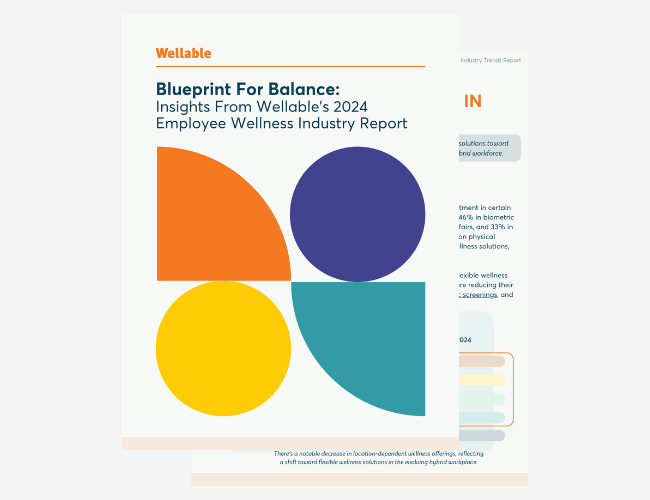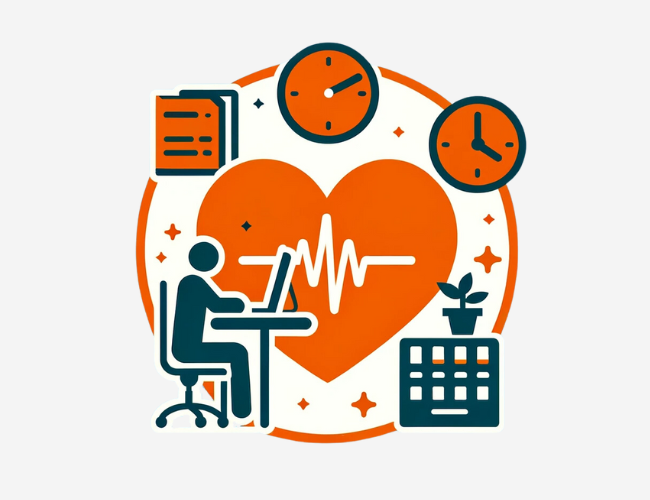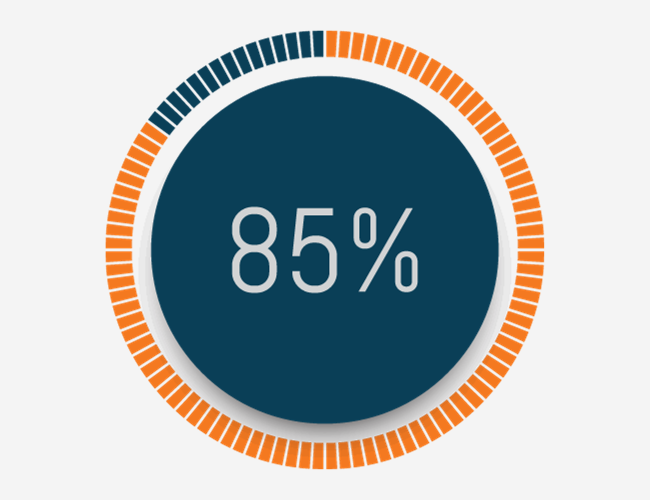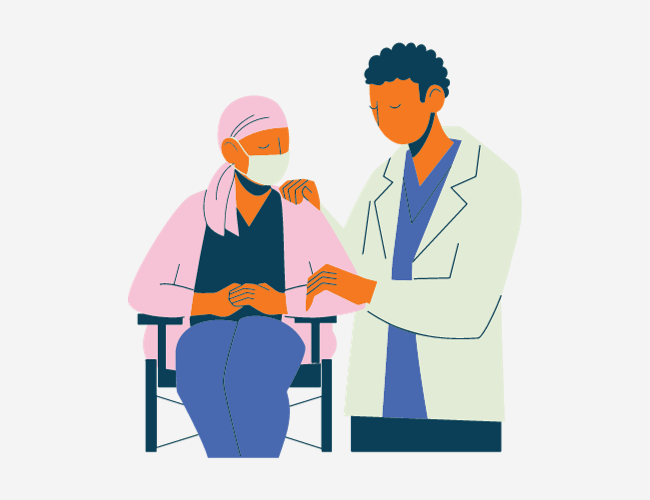Study: Digital Health Tools Significantly Reduce Cardiovascular Risk
Estimated reading time: 2 minutes
This article is over 10 years old
According a recent study of studies from the Mayo Clinic, the use of health-related smartphone apps, text-message reminders, and other digital technologies significantly reduced recurrences of heart attacks, strokes, and other cardiovascular illnesses. Specifically, the use of these technologies was associated with a significant 1.24% reduction in patients’ Framingham risk score, which estimates the 10-year risk of a first heart attack. Digital health technologies also reduced adverse events in secondary-prevention trials by 40% compared with controls, a level of risk reduction greater than seen with cholesterol-lowering statins, low-dose aspirin, and anti-hypertension drugs.
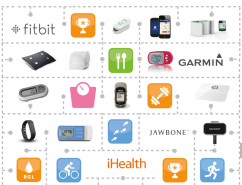
The meta-analysis reviewed 51 studies conducted in North America, Asia, and Europe from 2003 to 2013. Cumulatively, the studies included 24,054 patients assigned to digital-health interventions and 10,333 controls who received traditional care without a digital intervention.
Renowned entrepreneur, investor, and tech evangelist Marc Andreesen famously coined the phrase “software is eating the world” to describe the broad technological and economic shift technology is having on our daily lives. Although healthcare has not been a leader in the dominance of software, this study and others like it are showing that software can and is having dramatic impacts on health and wellness.
Other Articles In Facts and Research
Women In The Workplace 2025: Research And Trends
Explore top trends and challenges for women in the workplace in 2025, and discover ways to make progress toward true equity.
Study: 69% Drop In High-Paying Remote Jobs
Late 2023 saw a 69% drop in high-paying partially remote roles. Is flexibility the new cost of earning big?
5 Key Takeaways From 2024 Employee Wellness Industry Trends Report
Wellable’s 2024 Employee Wellness Trends Industry Report reveals crucial insights for employers to make informed wellness strategies and benefits decisions.
Study: Workplace Flexibility Lowers Risk Of Heart Disease
A recent study finds that workplace flexibility can lower heart disease risk. Learn how tailored work arrangements contribute to a healthy, productive workplace.
Ozempic, Other GLP-1 Drugs Transforming Workplace Weight Management
Ozempic: From diabetes treatment to a weight loss ‘wonder drug’. Explore its rise, insurance strategies, and solutions for employers to support weight management.
Study: 83% Of Knowledge Workers Prioritize Happiness Over Pay
83% of knowledge workers want happiness over pay. Discover how to create a happier workplace by focusing on 5 critical areas.
85% Is The New 100%: The Secret To Sustainable Productivity
Is 85% the magic number for productivity and success? Explore the science behind the 85% approach and strategies to turn this theory into practice.
Study: Early-Onset Cancer Rates Increased 79% Since 1990
A new study finds an 80% spike in cancer rates for those under 50. How can employers take action against the surge of early-onset cancer cases?
Why 3 Out Of 4 Of Employees Feel Burned Out & What To Do About It
3 in 4 US workers experience burnout according to Ringover. Explore the limitations of conventional burnout solutions and 15 innovative strategies that tackle the issue head-on this Labor Day.
Payscale Study: 22% Of Companies Are Limiting Salary Increases
22% of US companies plan to cut salary raise budgets next year. How can organizations meet employee expectations while maintaining financial stability?





